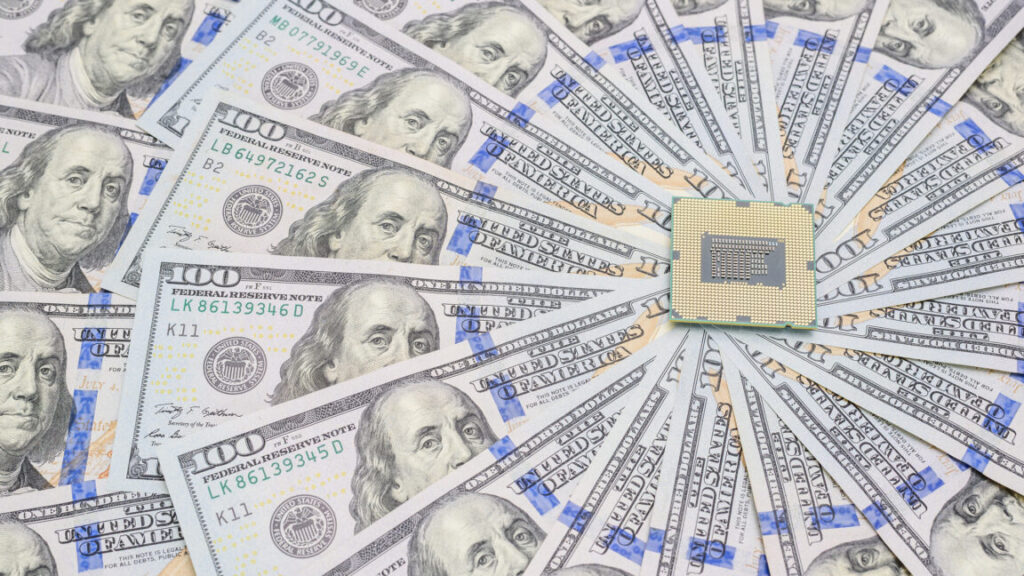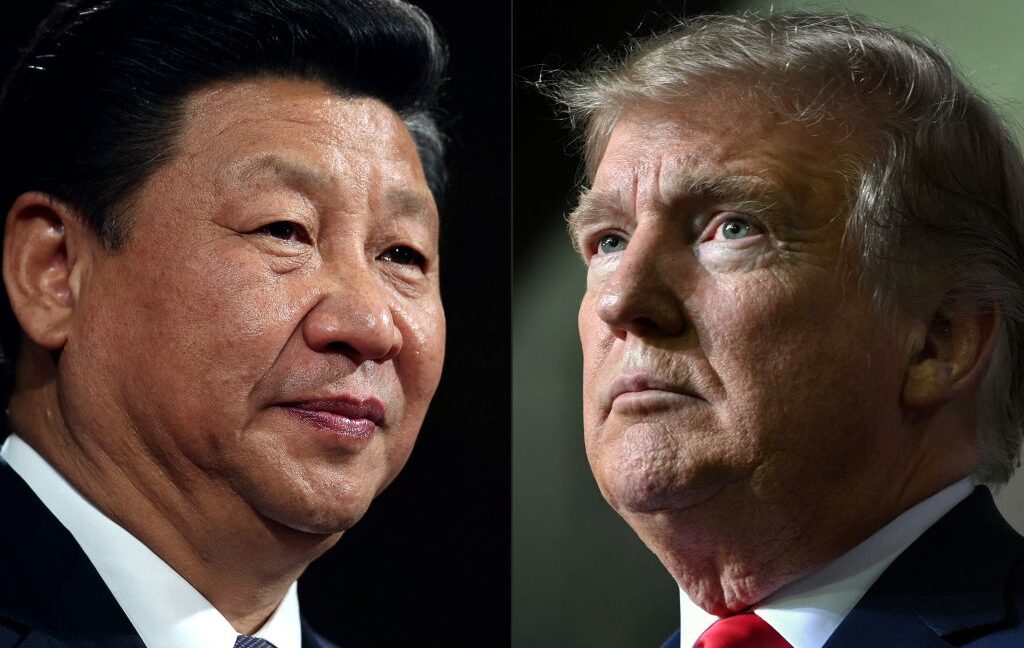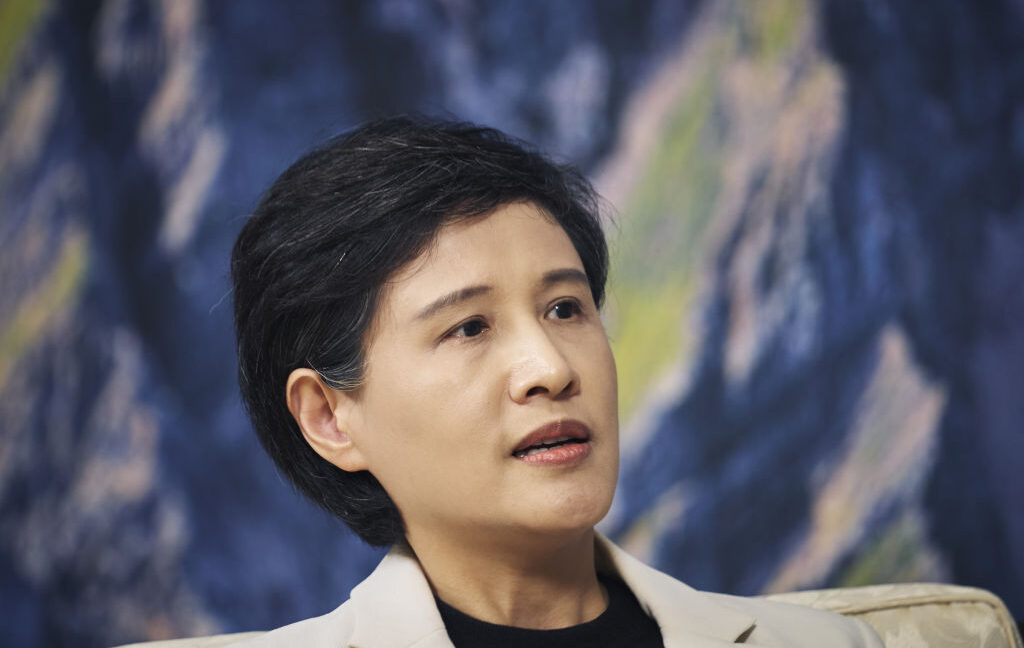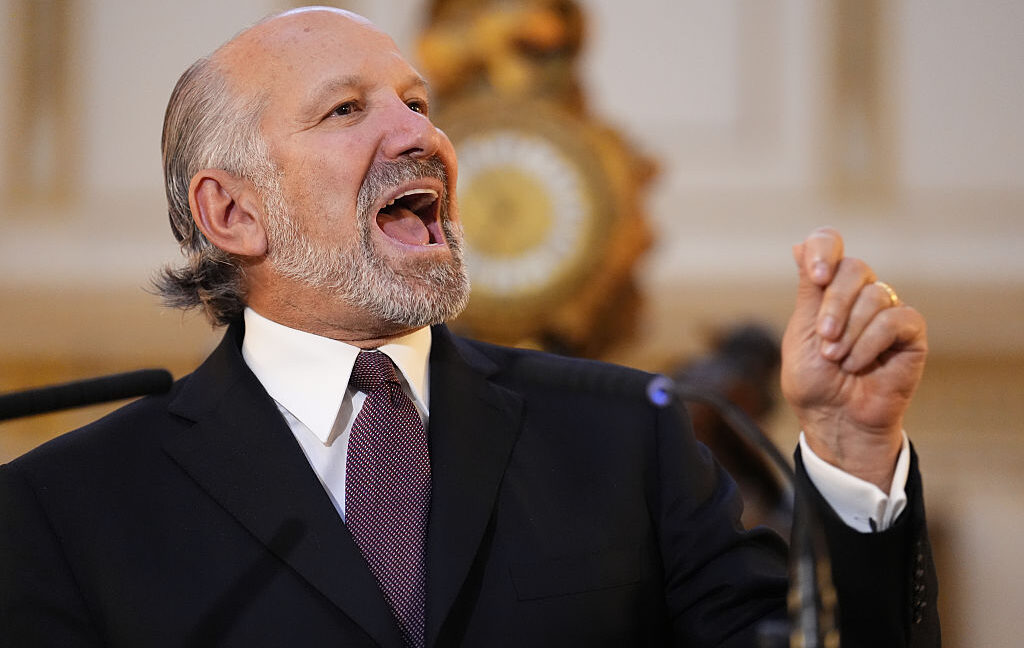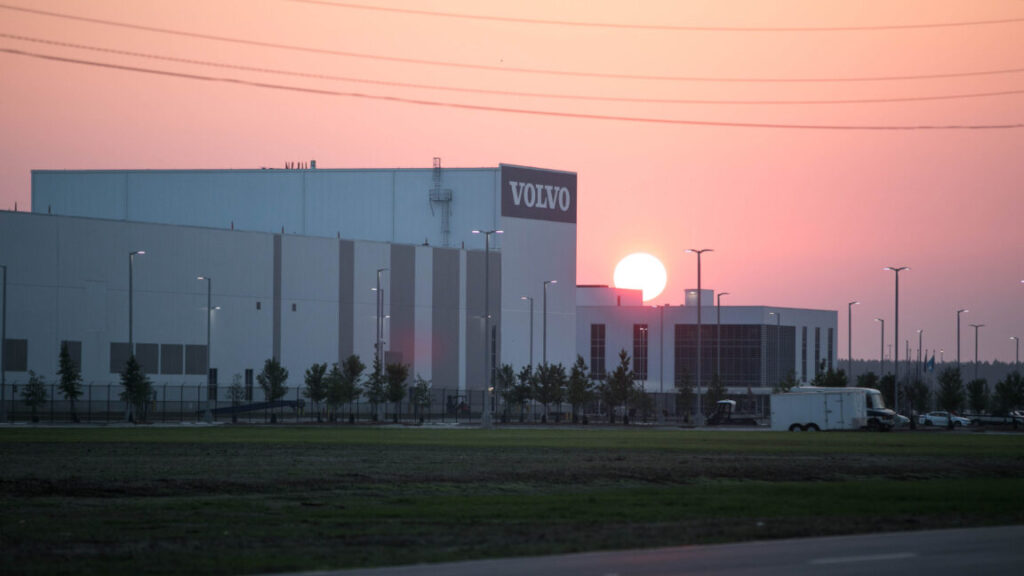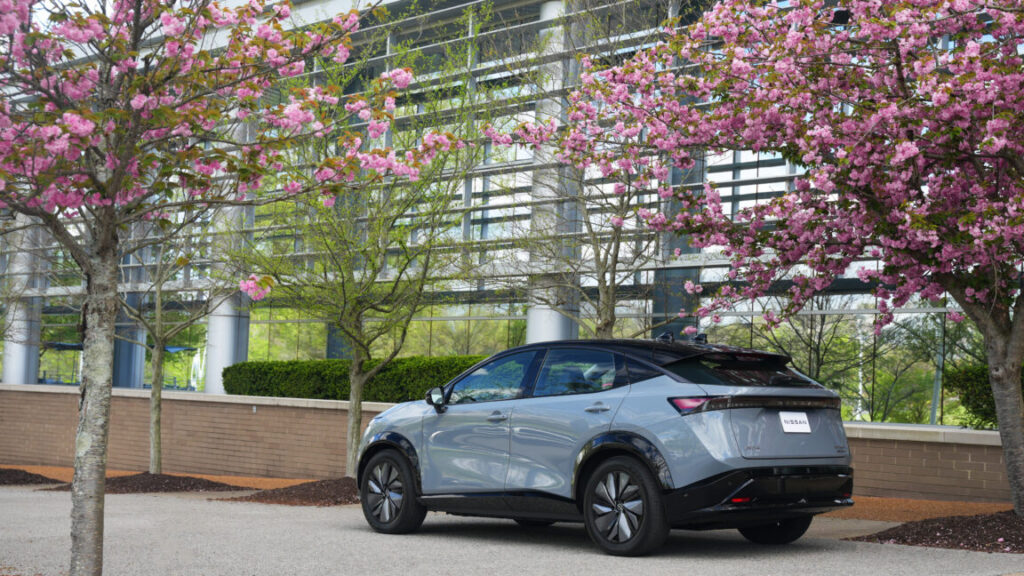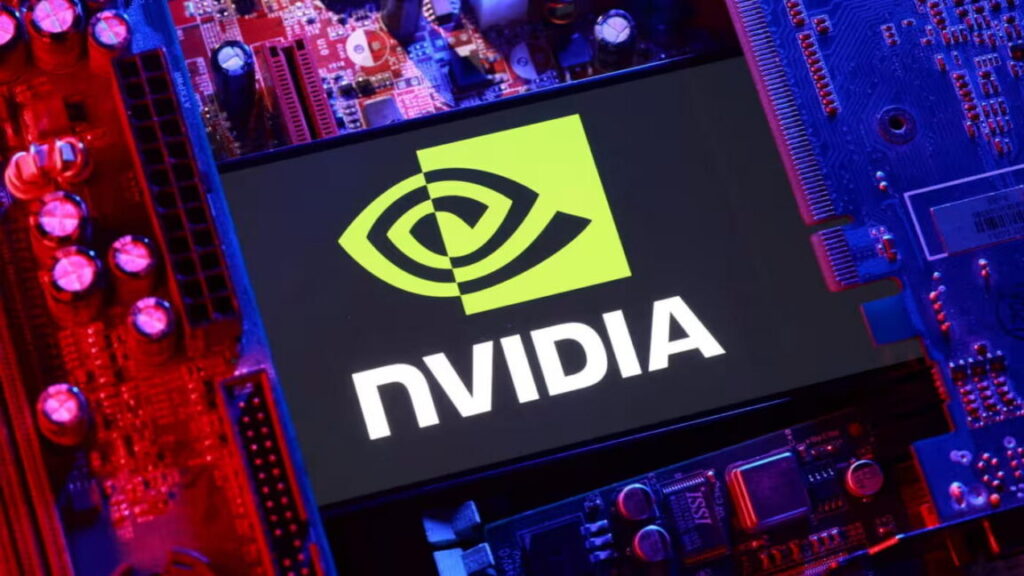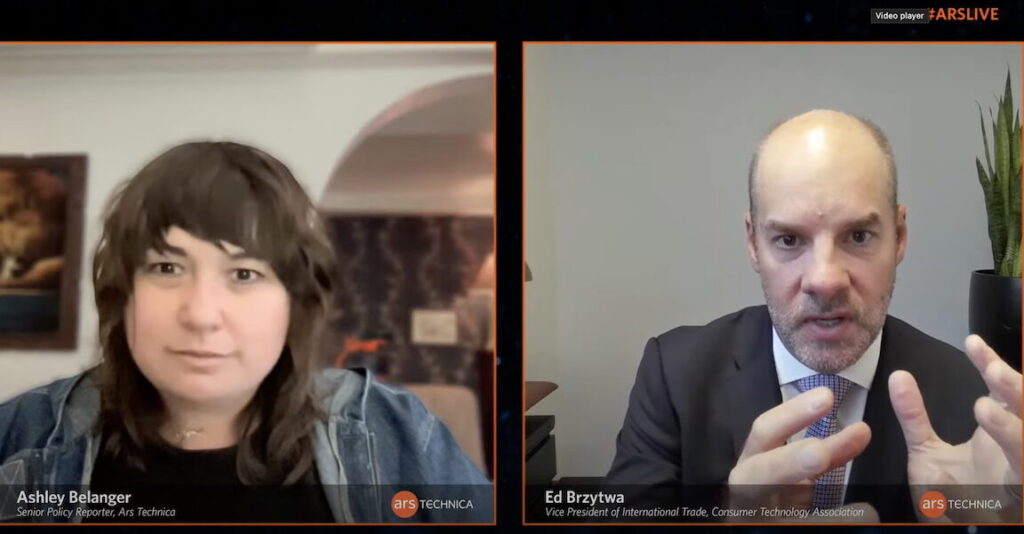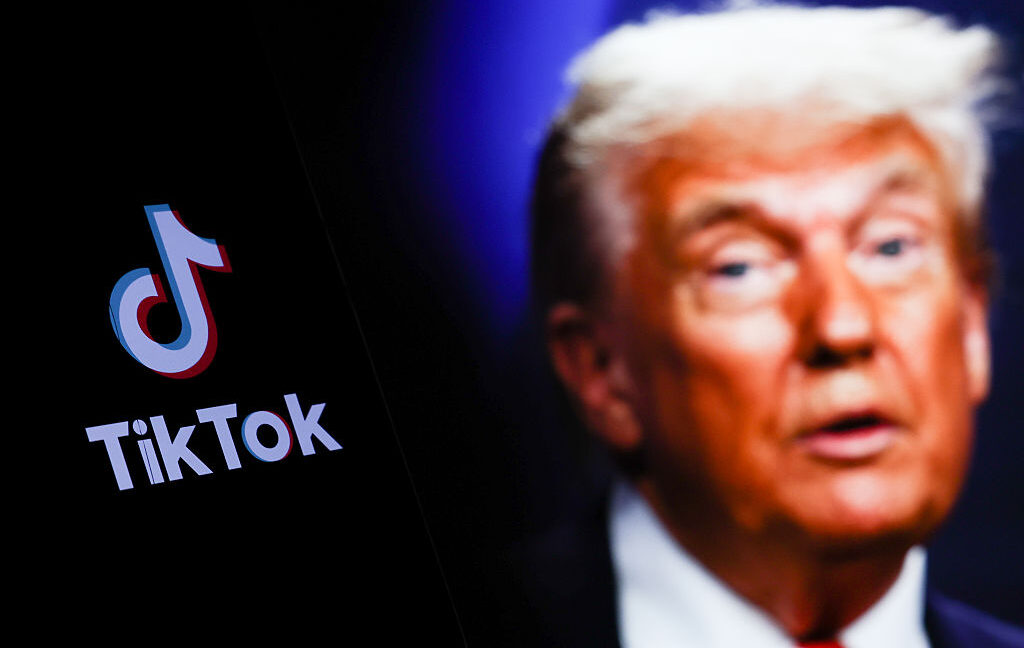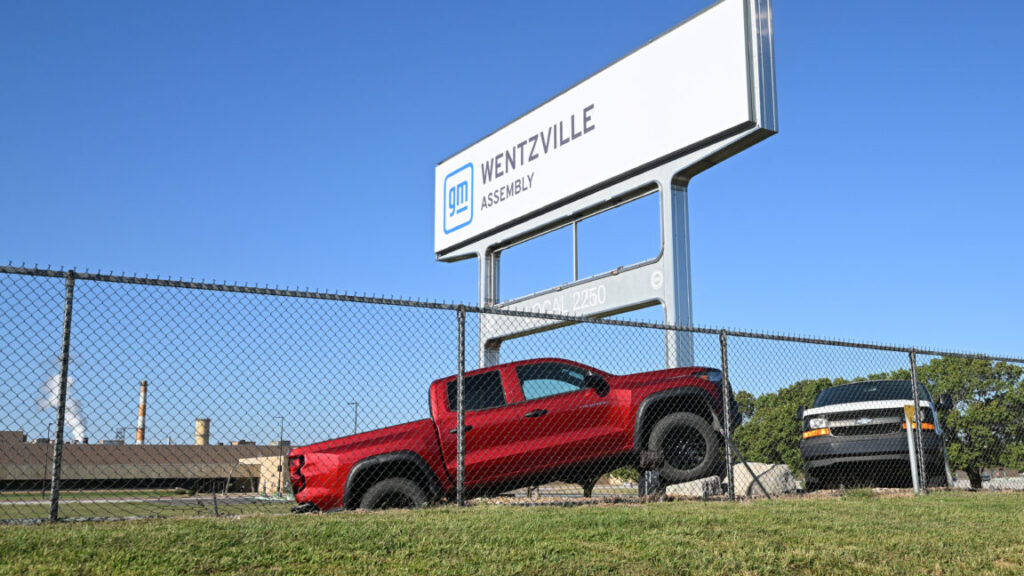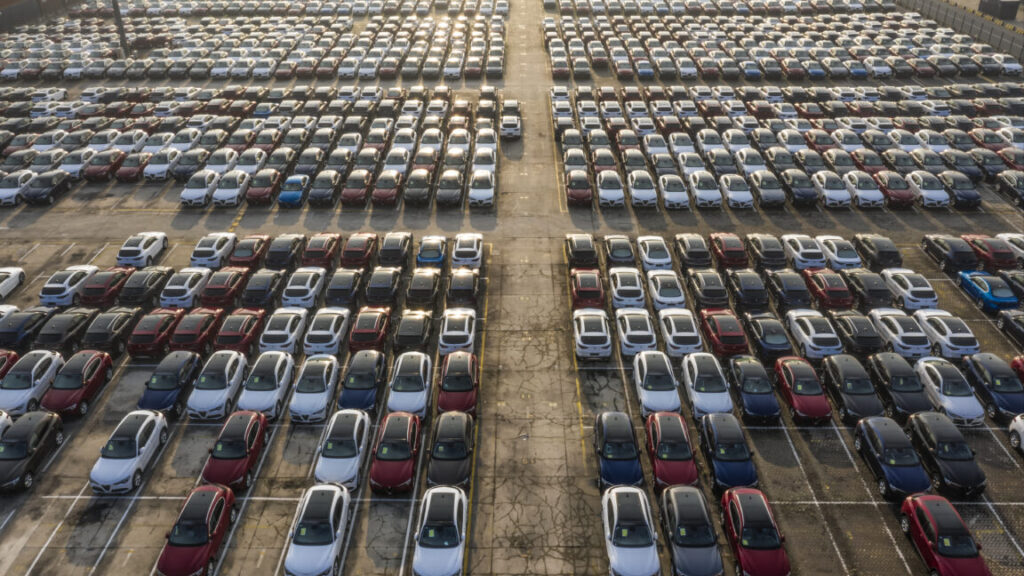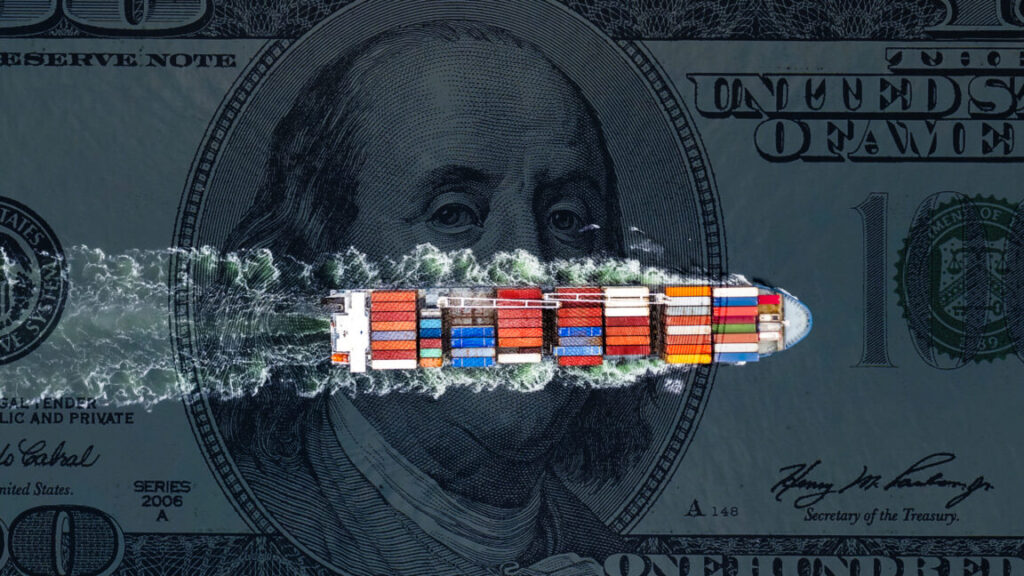Keep your receipts: Tech firms told to prepare for possible tariff refunds
Tech firms dare to dream chip tariffs may go away amid rumors of delays.
For months, the Trump administration has warned that semiconductor tariffs are coming soon, leaving the tech industry on pins and needles after a chaotic year of unpredictable tariff regimes collectively cost firms billions.
The semiconductor tariffs are key to Donald Trump’s economic agenda, which is intended to force more manufacturing into the US by making it more expensive to import materials and products. He campaigned on axing the CHIPS Act—which provided subsidies to companies investing in manufacturing chips in the US—complaining that it was a “horrible, horrible thing” to “give hundreds of billions of dollars” away when the US could achieve the same objective by instead taxing companies and “use whatever is left over” of CHIPS funding to “reduce debt.” However, as 2025 winds down, the US president faces pressure on all sides to delay semiconductor tariffs, insiders told Reuters, and it appears that he is considering caving.
According to “two people with direct knowledge of the matter and a third person briefed on the conversations,” US officials have privately told industry and government stakeholders that semiconductor tariffs will likely be delayed.
A fourth insider suggested Trump was hesitant to impose tariffs that could rock the recent US-China trade truce, while Reuters noted that Trump may also be hesitant to announce new tariffs during the holiday shopping season that risk increasing prices of popular consumer tech products. Recently, Trump cut tariffs on grocery items in the face of mounting consumer backlash, so imposing new tariffs now—risking price hikes on laptops, game consoles, and smartphones—surely wouldn’t improve his record-low approval rating.
In April, Trump started threatening semiconductor tariffs as high as 100 percent, prompting a Commerce Department probe into the potential economic and national security impacts of imposing broad chip tariffs. Stakeholders were given 30 days to weigh in, and tech industry associations were quick to urge Trump to avoid imposing broad tariffs that they warned risked setting back US chip manufacturing, ruining US tech competitiveness, and hobbling innovation. The best policy would be no chip tariffs, some industry groups suggested.
Glimmer of hope chip tariffs may never come
Whether Trump would ever give up on imposing broad chip tariffs that he thinks will ensure that the US becomes a world-leading semiconductor hub is likely a tantalizing daydream for companies relieved by rumors that chip tariffs may be delayed. But it’s not completely improbable that he might let this one go.
During Trump’s first term, he threatened tariffs on foreign cars that did not come to pass until his second term. When it comes to the semiconductor tariffs, Trump may miss his chance to act if he’s concerned about losing votes in the midterm elections.
The Commerce Department’s investigation must conclude by December 27, after which Trump has 90 days to decide if he wants to move ahead with tariffs based on the findings.
He could, of course, do nothing or claim to disagree with the findings and seek an alternative path to impose tariffs, but there’s a chance that his own party may add to the pressure to delay them. Trump’s low approval rating is already hurting Republicans in polls, New York Magazine reported, and some are begging Trump to join them on the campaign trail next year to avoid a midterm slump, Politico reported.
For tech companies, the goal is to persuade Trump to either drop or narrowly tailor semiconductor tariffs—and hopefully eliminate the threat of tariffs on downstream products, which could force tech companies to pay double or triple taxes on imports. If they succeed, they could be heading into 2026 with more stable supply chains and even possibly with billions in tariff refunds in their pockets, if the Supreme Court deems Trump’s “emergency” “reciprocal tariffs” illegal.
Gary Shapiro, CEO of the Consumer Technology Association (CTA), attended oral arguments in the SCOTUS case, noting on LinkedIn that “business executives have had to contend with over 100 announcements of tariff changes since the beginning of 2025.”
“I hope to see the Supreme Court rule swiftly to provide businesses the certainty they need,” Shapiro said, arguing in a second post that tariffs “cause uncertainty for businesses, snarl supply chains, and drive inflation and higher costs for consumers.”
As tech companies wait to see how the court rules and how Trump responds to the conclusion of the Commerce Department’s probe, uncertainty remains. CTA’s vice president of international trade, Ed Brzytwa, told Ars that the CTA has advised tech firms to keep their receipts and document all tariff payments.
How chip tariffs could raise prices
Without specifying what was incorrect, a White House official disputed Reuters’ reporting that Trump may shift the timeline for announcing semiconductor tariffs, saying simply “that is not true.”
A Commerce Department official said there was “no change” to report, insisting that the “administration remains committed to reshoring manufacturing that’s critical to our national and economic security.”
But neither official shared any details on when tariffs might be finalized, Reuters reported. And the Commerce Department did not respond to Ars’ request for information on when the public could expect to review findings of its probe.
In comments submitted to the Commerce Department, the Semiconductor Industry Association warned that “for every dollar that a semiconductor chip increases in price, products with embedded semiconductors will have to raise their sales price by $3 to maintain their previous margins.” That makes it easy to see how semiconductor tariffs risk significantly raising prices on any product containing a chip, depending how high the tariff rate is, including products like refrigerators, cars, video game consoles, coffee makers, smartphones, and the list goes on.
It’s estimated that chip tariffs could cost the semiconductor industry more than $1 billion. However, the bigger threat to the semiconductor industry would be if the higher prices of US-made chip made it harder to compete with “companies who sell comparable chips at a lower price globally,” SIA reported. Additionally, “higher input costs from tariffs” could also “force domestic companies to divert funds away from R&D,” the group noted. US firms that Trump wants to promote could rapidly lose their edge in such a scenario.
Echoing SIA, the Computer and Communications Industry Association (CCIA) warned the Commerce Department that “broad tariffs would significantly increase input costs for a wide range of downstream industries, raising costs for consumers while decreasing revenues for domestic semiconductor producers, the very industry this investigation seeks to protect.”
To avoid harming key US industries, CCIA recommended that any semiconductor tariffs imposed “focus narrowly” on semiconductors and semiconductor manufacturing equipment “that are critical for national defense and sourced from countries of concern.” The group also suggested creating high and low-risk categories, so that “low-risk goods, such as the import of commercial-grade printed circuit boards used in consumer electronics from key partners” wouldn’t get hit with taxes that have little to do with protecting US national security.
“US long-term competitiveness in both the semiconductor industry and downstream sectors could be greatly impaired if policy interventions are not carefully calibrated,” CCIA forecasted, warning that everyone would feel the pain, from small businesses to leading AI firms.
Trump’s plan for tariff funds makes no sense, groups say
Trump has been claiming since April that chip tariffs are coming soon, and he continues to use them as leverage in recent deals struck with Korea and Switzerland. But so far, while some countries have managed to negotiate rates as low as 15 percent, the semiconductor industry and downstream sectors remain in the dark on what to expect if and when the day finally comes that broader tariffs are announced.
Avoiding so-called tariff stacking—where products are taxed, as well as materials used in the products—is SIA’s biggest ask. The group “strongly” requested that Trump maintain “as simple of a tariff regime for semiconductors as possible,” given “the far-reaching consequences” the US could face if chip tariffs become as complex and burdensome to tech firms as reciprocal tariffs.
SIA also wants Trump to consider offering more refunds, perhaps offering to pay back “duties, taxes, and fees paid on imported parts, components, and materials that are incorporated in an exported product.”
Such a policy “would ensure the United States remains at the forefront of global chip technology,” SIA claimed, by making sure that tariffs collected “remain available for investments in expanding US manufacturing capacity and advanced research and development, as opposed to handed over to the US Treasury.”
Rather than refunding firms, Trump has instead proposed sharing tariffs as dividends, perhaps sending $2,000 checks to low and middle-income families. However, CNN spoke with experts who said the math doesn’t add up, making the prospect that Trump could send stimulus checks seem unlikely. He has also suggested the funds—which were projected to raise $158.4 billion in total revenue in 2025, CNN reported—could be used to reduce national debt.
Trump’s disdain for the CHIPS Act, casting it as a handout to tech firms, makes it seem unlikely that he’ll be motivated to refund firms or offer new incentives. Some experts doubt that he’ll make it easy for firms to get refunds of tariffs if the Supreme Court drafted such an order, or if a SCOTUS loss triggered a class action lawsuit.
CTA’s Shapiro said on LinkedIn that he’s “not sure” which way the SCOTUS case will go, but he’s hoping the verdict will come before the year’s end. Like industry groups urging Trump to keep semiconductor tariffs simple, Shapiro said he hoped Trump would streamline the process for any refunds coming. In the meantime, CTA advises firms to keep all documents itemizing tariffs paid to ensure firms aren’t stiffed if Trump’s go-to tariff regimes are deemed illegal.
“If plaintiffs prevail in this case, I hope to see the government keep it simple and ensure that retailers and importers get their tariff payments refunded swiftly and with as few hoops to jump through as possible,” Shapiro said.
Keep your receipts: Tech firms told to prepare for possible tariff refunds Read More »
